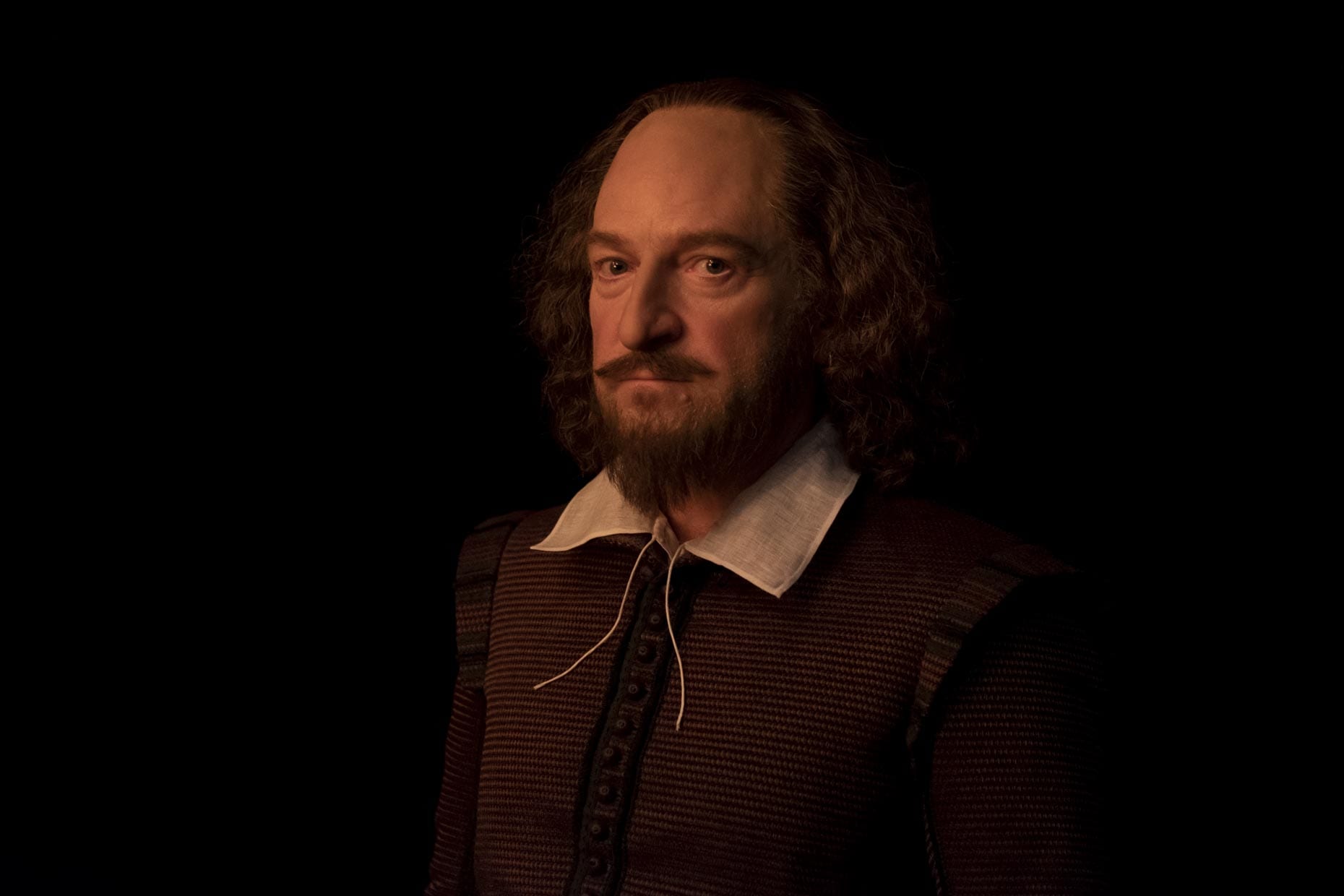
All Is True – The Bard’s Retirement
?It?s not Hamnet you mourn; it?s yourself.? Kenneth Branagh has always had an affinity for Shakespeare?s works. He has appeared in, written, and/or directed several screen adaptations of Shakespeare?s plays. Now, in All Is True, he portrays William Shakespeare in his years of retirement. To be sure, there is a great amount of conjecture in…



